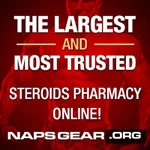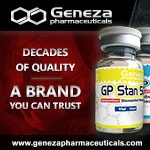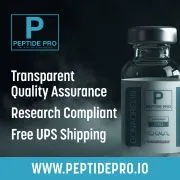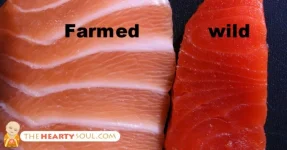PUMPED
New member
The difference in color is thanks to astaxanthin, a bright red molecule found in algae, plankton, and krill. This stuff is powerful. Astaxanthin:
Other components of fish feed include fish meal and fish oils that are at risk for dioxin and mercury contamination. In recent years, farmers have tried to decrease heavy metal contamination by replacing fish meal/oil with soy and corn protein and vegetable oil, but salmon aren’t meant to eat soy and corn, so their meat quality plummets (see the pictures above), and farmers often have to administer antibiotics to keep them healthy; trace amounts make it into the salmon meat you eat [5]. The vegetable oils also decrease omega-3 fat content in salmon meat and can introduce mold toxins to salmon. Gross.
TLDR: Do not eat farmed salmon. Stick to wild-caught varieties.
- is a potent antioxidant and anti-inflammatory
- Improves blood flow
- Protects your mitochondria by strengthening their cell membranes keeping out damaging oxygen species
- Enhances mitochondrial energy production
- Increases strength endurance by more than 50% when used as a supplement, according to one study. The study was sponsored by an astaxanthin supplement company, so take the results with a grain of salt. That said, the study was also randomized and placebo-controlled, and it had a good number of participants
Other components of fish feed include fish meal and fish oils that are at risk for dioxin and mercury contamination. In recent years, farmers have tried to decrease heavy metal contamination by replacing fish meal/oil with soy and corn protein and vegetable oil, but salmon aren’t meant to eat soy and corn, so their meat quality plummets (see the pictures above), and farmers often have to administer antibiotics to keep them healthy; trace amounts make it into the salmon meat you eat [5]. The vegetable oils also decrease omega-3 fat content in salmon meat and can introduce mold toxins to salmon. Gross.
TLDR: Do not eat farmed salmon. Stick to wild-caught varieties.










